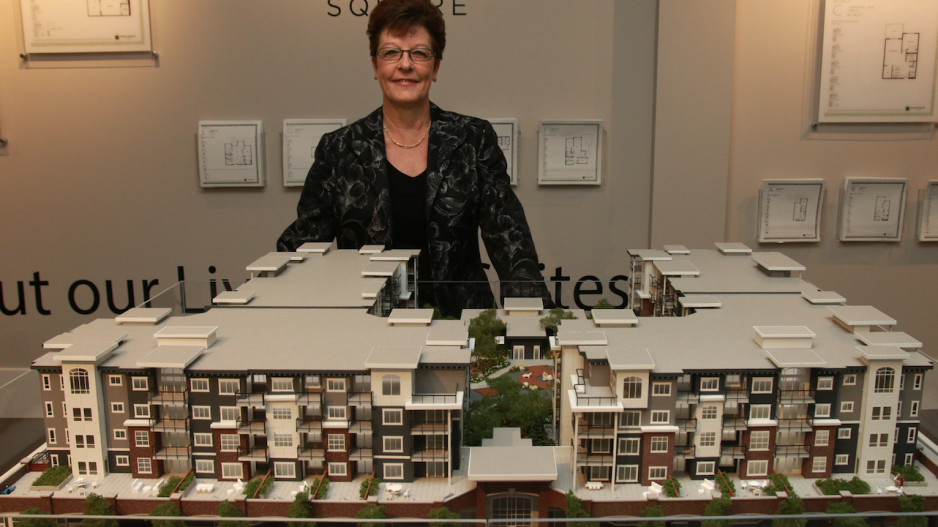Real estate would seem to be a natural investment sector for Bitcoin owners, given that transaction values are so high that even if Bitcoin mining fees were more than $100, they would be a small part of overall deal costs.
Regulators, however, are telling industry players to avoid the practice.
“While bitcoins can be used legitimately for many purposes, there are also significant risks associated with them, including the risk that the currency may be used to disguise the source of money derived from criminal activities – commonly known as money laundering,” the Real Estate Council of British Columbia (RECBC) told Business in Vancouver in a statement.
The industry's regulator added that deposits on homes in B.C. must be held in trust, unless otherwise stated in the sales contract.
“Because bitcoins exist outside of the purview of banks and governments, they cannot be held in trust,” the RECBC said. “This means that brokerages and lawyers cannot receive a Bitcoin deposit and hold it in a trust account.”
Read: Bitcoin has yet to gain traction with B.C. retailers
The Canadian government’s Financial Transactions and Reports Analysis Centre (Fintrac) requires licensees to determine the identity of any individual involved in a cash transaction of $10,000 or more.
“Because the source of a Bitcoin payment may not be discoverable, as in a cash transaction, we advise licensees to carefully consider their Fintrac reporting requirements under the Proceeds of Crime (Money Laundering) and Terrorist Financing Act,” noted the RECBC.
RECBC’s stance that brokers are not allowed to accept Bitcoin was a disappointment to Oneflatfee.ca realtor Mayur Arora, who told Business in Vancouver in January 2016 that he was willing to accept commissions in Bitcoin.
Soon after BIV reported Arora’s intention, RECBC officials told him that commissions could not be in Bitcoin.
“I could have been a multimillionaire had I done that, but I didn’t,” Arora told BIV last month.
Bitcoin was valued at about US$400 in January 2016, or little more than 2% of its current value.
In January 2014, Bitcoin was riding a surge of interest and was valued at approximately US$600. Developer Quantum Properties’ CEO, Diane Delves, told BIV at the time that she would accept Bitcoin for deposits on pre-sale homes.
She told BIV in December that no one ever took her up on that offer but added that she believes her company can accept bitcoins.
“We had several inquiries and generated a lot of excitement, which is good for business,” said Delves, whose son was an early Bitcoin miner and persuaded her to be open to accepting the cryptocurrency.
“Eventually we will have a strong digital currency system in place,” she said. “I’d like to see a digital currency that is stable.”
The Office of the Superintendent of Real Estate (OSRE) governs developers under the Real Estate Development Marketing Act, and its spokesman, Mykle Ludvigsen, told BIV that his agency acts only when there are complaints.
If someone were to complain to the OSRE that a real estate transaction was completed in Bitcoin and that this caused unfairness, Ludvigsen said the OSRE would look to the federal Currency Act.
The act says that all contracts should be conducted in Canadian currency, a currency “of a country other than Canada” or “a unit of account that is defined in terms of the currencies of two or more countries.”
Bitcoin’s value is defined in relation to the U.S. dollar as well as other countries’ currencies, so it is arguably legal under the Currency Act. •




